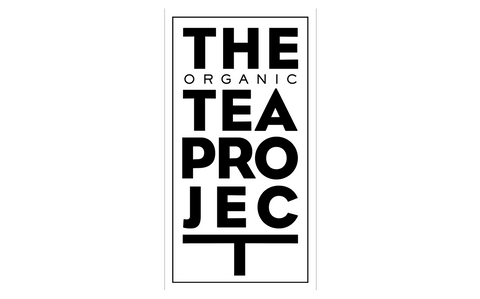It's Organic Awareness Month

Each year in September organic brands like us use their platform to raise awareness of certified organic products and why choosing certified organic is important to our health, our planet and our future.
What does certified organic mean?
Put simply, organic food production is a production system that sustains the health of soils, ecosystems and people. It is guided by the following principles:
- Health - organic agriculture should sustain and enhance the health of soil, plant, animal, human and planet as one and indivisible.
- Ecology - organic agriculture should be based on living ecological systems and cycles, work with them, emulate them and help sustain them.
- Fairness - organic agriculture should build on relationships that ensure fairness with regard to the common environment and life opportunities.
- Care - organic agriculture should be managed in a precautionary and responsible manner to protect the health and wellbeing of current and future generations and the environment.
Certified organic food is produced in an environmentally sustainable and a socially responsible way minimising the possible negative impacts to soil, water, animal and human welfare.
Why is being certified organic so important you ask?
Well if it is not Certified Organic, you can’t be sure it is organic. Formal organic certification is the only way a producer can guarantee to consumers that along the entire supply chain, their product has been produced in line with the strict national and industry standards.
How to verify that your product is truly organic
Next time you’re shopping, opt for organic products that carry a trusted certification logo, like the NCO one we have from the National Association for Sustainable Agriculture Australia (NASAA) or the bud logo from Australian Certified Organic.
These marks guarantee that the brand you are choosing has adhered to rigorous auditing and met the strict requirements necessary to become certified.
Are organic foods better for you?
Published in 2016 by the Nature Research Journal, researchers concluded organic farming delivers equally or more nutritious foods that contain less or no pesticide residues and provide greater social benefits than their conventional counterparts.
-
Organic foods can be more nutritionally dense than conventional and contain no synthetic chemical residues
-
Organic farms focus on building healthy soil, which stores carbon and increases drought resilience
-
Organic animals are truly free to range on organic pastures
-
Battery farming and feedlots are strictly prohibited under organic certification
-
GMO ingredients are not allowed under organic standardsOrganic farms must reserve at least 5% of their farmland for natural habitats to promote biodiversity
Why does Australia need domestic regulation?
As a consumer, you deserve to trust that the organic product you are buying is legitimately organic.
We mentioned before that Australia is the only country that doesn't regulate the use of the term 'organic' on products and marketing. With a lack of strict rules over how organic goods can be advertised it creates consumer distrust. As organic operators we spend a lot of time, effort and money in obtaining certification to prove our products are authentically organic so we want it to mean something. It should demonstrate our commitment and integrity to all natural produce.
Currently, Australian organic producers are at a disadvantage compared to other organic producers around the world. We are required to pay additional costs when importing / exporting due to the need for multiple organic accreditations, while also experiencing increased labour costs to manage the large amounts of paperwork for international certification.
Domestic regulation would mean better market access and more opportunity.

